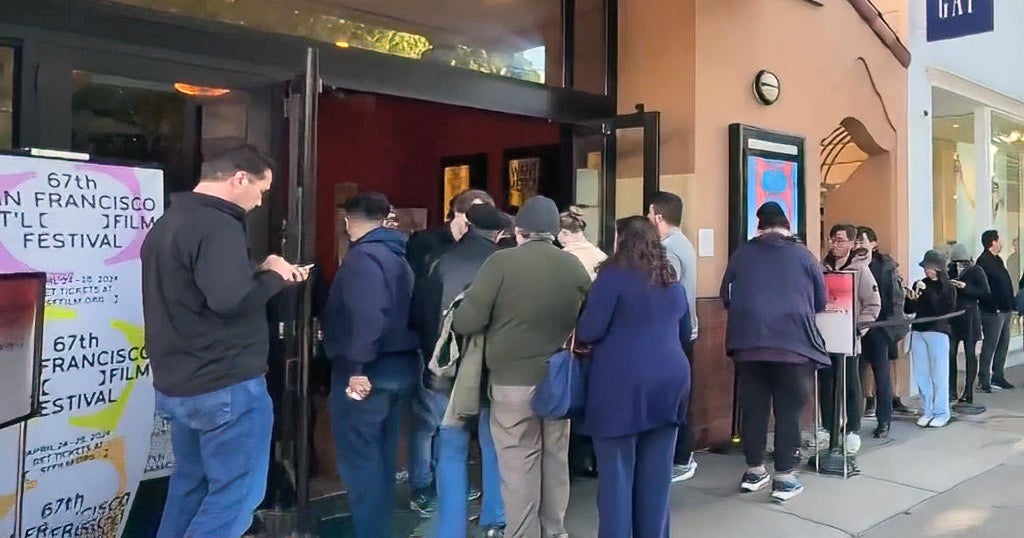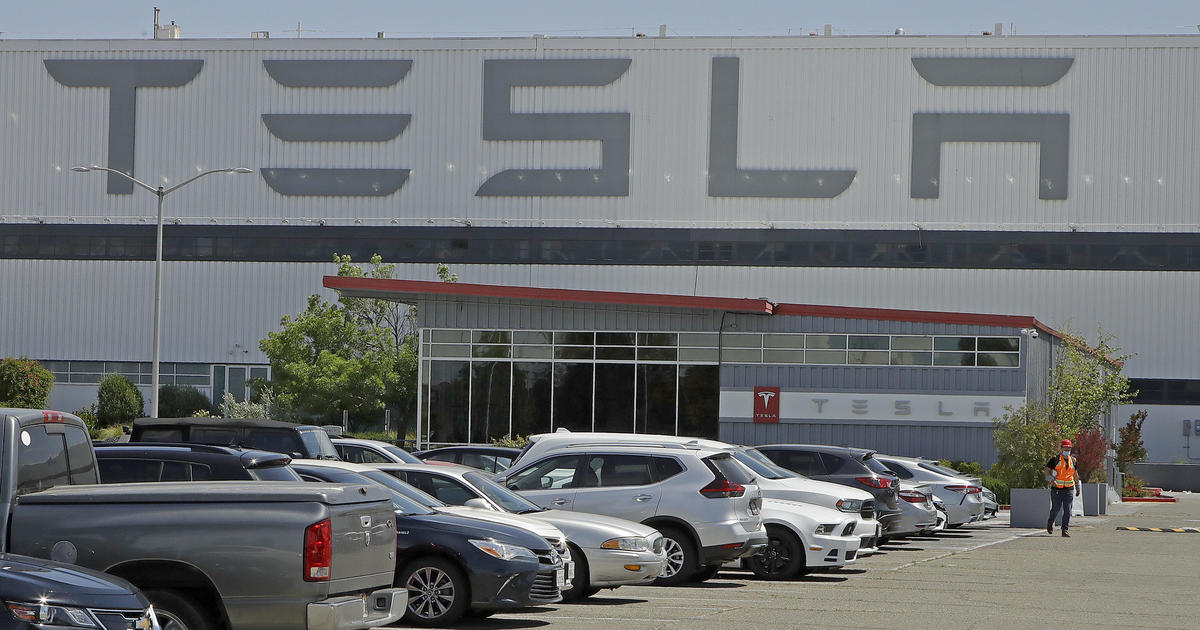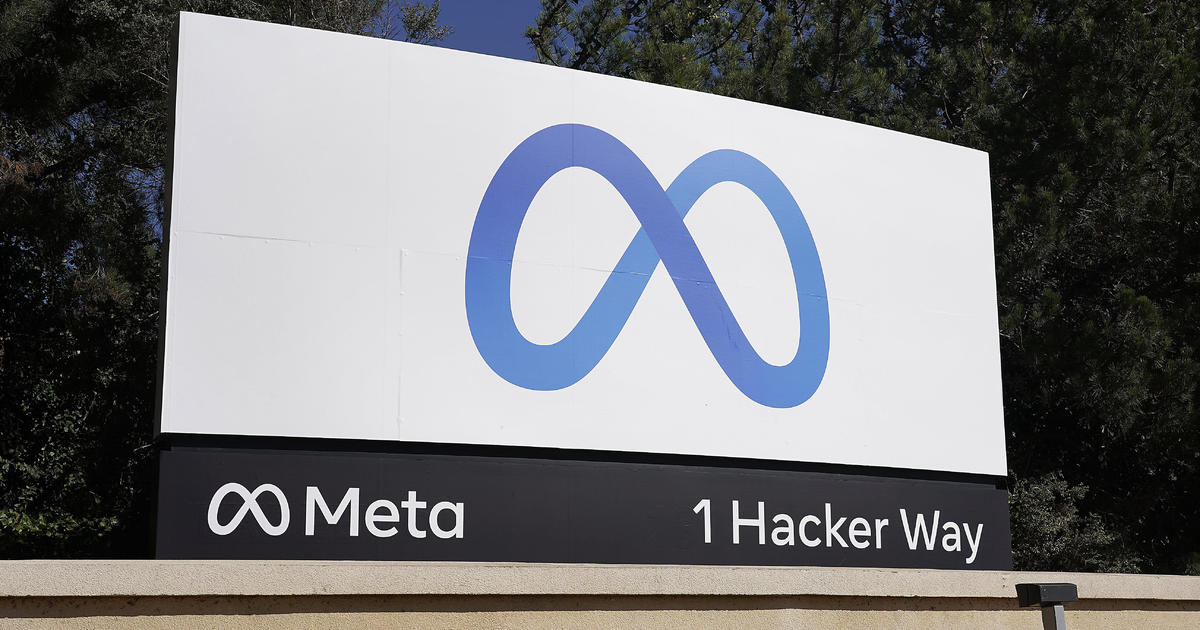A UPS strike could be just around the corner. Here's what you need to know
The clock is ticking. As the deadline to reach a new contract nears, a potential UPS strike feels closer than ever.
Negotiations broke down earlier this month and unionized workers have been holding rallies and practice pickets across the country. The Teamsters, which represent more than half of the company's workforce, will resume talks with UPS on Tuesday.
That leaves less than a week to come to an agreement before the current contract expires on Monday, July 31. The union has authorized a strike and Sean M. O'Brien, a fiery leader elected last year to lead the union, has vowed to do so if their demands aren't met.
"We're sending a message... all 340,000 of our members are united and ready to fight," O'Brien told The Associated Press at a practice picket Friday in Atlanta, where UPS is based.
UPS's unionized workers still seethe about a contract they feel was forced on them in 2018, and say that the company delivers millions more packages every day than it did just five years ago. The Teamsters are calling for better pay, particularly for part-time employees, and improved working conditions.
UPS has maintained that it already offers "industry-leading pay and benefits," but says it's prepared to increase that compensation. In a Friday update, the company said it aimed "quickly to finalize a fair deal that provides certainty for our customers, our employees and businesses across the country."
If negotiations are unsuccessful the deliveries that Americans have come to rely on, particularly since the pandemic began in 2020, could be vastly disrupted. Such an impasse hasn't been seen since 1997, well before delivery of everyday items from dog food to prescription drugs became the norm, when a walkout by 185,000 workers crippled UPS. Here's what you need to know.
Much on the union's demands comes down to better pay and improved working conditions.
Annual profits at UPS in the past two years are close to three times what they were before the pandemic. The company returned about $8.6 billion to shareholders in the form of dividends and stock buybacks in 2022, and forecast another $8.4 billion for shareholders this year.
The Teamsters say frontline UPS workers deserve some of that windfall. A sticking point in negotiations has been wage increases for part-time workers, who make a minimum of $16.20 an hour.
"People want their packages yesterday with the emergence of the e-commerce. So it's a very demanding job," O'Brien said, pushing back on the salary statistics that UPS shares. "Everybody doesn't realize what it takes to get these packages on the truck. And a lot of our part timers... work for poverty wages."
In addition to addressing part-time pay, the union wants to eliminate a contract provision that created two separate hierarchies of workers with different pay scales, hours and benefits. Driver safety, particularly the lack of air conditioning in delivery trucks, is also in the mix.
Before contract talks broke down on July 5, with both sides blaming each other for walking away from the bargaining table, tentative agreements were made on several issues — including installing air conditioning in more trucks. UPS said it would add air conditioning to U.S. small delivery vehicles purchased after January 1, 2024. Existing vehicles wouldn't get that upgrade, but the union said they will have other additions like fans and air vents.
The union also said it has reached tentative agreements to establish Martin Luther King Jr. Day as a full holiday for the first time, end unwanted overtime on drivers' days off and get rid of the two-tier wage system for drivers who work weekends and earn less money.
The strike can be avoided if UPS and the Teamsters agree to a new contract before the July 31 deadline. There's also a possibility of government intervention.
O'Brien said Sunday that he has asked the White House on numerous occasions not to intervene if workers end up going on strike. Last year, President Joe Biden intervened to avert a railroad strike to avoid disrupting the nation's supply chain, and workers had accept an agreement that wasn't broadly supported by union members.
The 24 million packages UPS ships on an average day amounts to about a quarter of all U.S. parcel volume, according to the global shipping and logistics firm Pitney Bowes. As UPS puts it, that's the equivalent of about 6% of nation's gross domestic product.
Higher prices and long wait times are all but certain if there is an impasse. A strike also threatens to extend lingering supply chain troubles.
"Something's got to give," Thomas Goldsby, logistics chairman in the Supply Chain Management Department at the University of Tennessee, told The Associated Press. "The python can't swallow the alligator, and that's going to be felt by all of us."
UPS said this month that it will temporarily begin training nonunion employees in the U.S. to step in should there be a strike.
Beyond shipping and supply implications, a union win at UPS could have significance for organized labor across industries. UPS's contract talks arrive amid other prominent labor campaigns at Apple, Starbucks, Trader Joe's and other companies — as well as the current writers and actors' strikes seen in Hollywood.
_______
Videojournalist Sharon Johnson contributed from Atlanta



